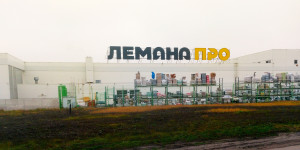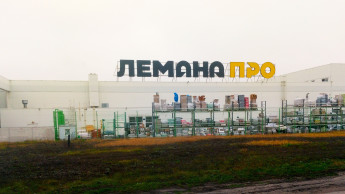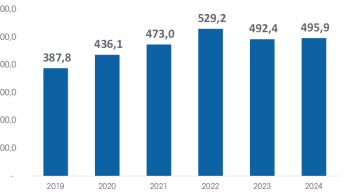The 10th Taiwan Hardware Show marked a quite literal setting off to new shores. This trade fair in October 2010 was where representatives of the industry from Taiwan and China came together – that is, from two countries that are separated by more than the Strait of Taiwan and are involved in a problematic relationship with one another. There is no desire to accept the political obstructions on an economic level. The temptation for Taiwanese manufacturers to open up the gigantic market of China is simply too great. The result of the overtures was celebrated at the fair in Taipeh, the Taiwanese capital, in the shape of the Economic Cooperation Framework Agreement (ECFA). The meetings between the Taiwan Hand Tool Manufacturers’ Association with the China National Hardware Association and the Guangdong Hardware Electrical Chamber of Commerce are being rated as “historic”. According to the official press release, they are intended to serve to build up a new tradition of enhanced cross-Strait dialogue and cooperation. The topics that were discussed at the lecture forum within the framework of the fair make it clear that the Taiwanese are definitely conscious of the risks of any such cooperation: “The protection of the metal industry’s intellectual property” or “How should the Taiwan hand tool industry react after ECFA” are two of the subjects that kept the fair visitors occupied. Jack Lin, president of Taiwan Hand Tools, put in a nutshell what the exhibitors emphasized again and again during discussions: the Taiwanese want to become established as quality manufacturers. “We don’t focus on low quality,” he said, meaning that as a disassociation from his colleagues in mainland China. “Taiwanese manufacturers have the ability to produce top products.” As his goal he wants the ‘Made in Taiwan’ label to stand for a high standard – only with more reasonable costs than in other source countries. Now, backed by this quality strategy and the new agreement, they want to conquer the great emerging market of China. “Chinese people like Taiwanese products,” asserts Lin. The next step is “to expand to the Chinese market”. Exports are expected to increase by 20 to 30 per cent in the next five years, chiefly in the direction of the Chinese mainland. But the way now smoothed by the agreement of course leads across the Strait of Taiwan in the other direction as well. The expectation is that Chinese producers will for their part export more to Taiwan. The fear expressed by Lin is…

Not so distant shores
The Strait of Taiwan should no longer act as a barrier between China and Taiwan in the future. This is the intention behind a new agreement that is rated as “historic”. Both sides reckon on opportunities for growth

 Menü
Menü










 Newsletter
Newsletter